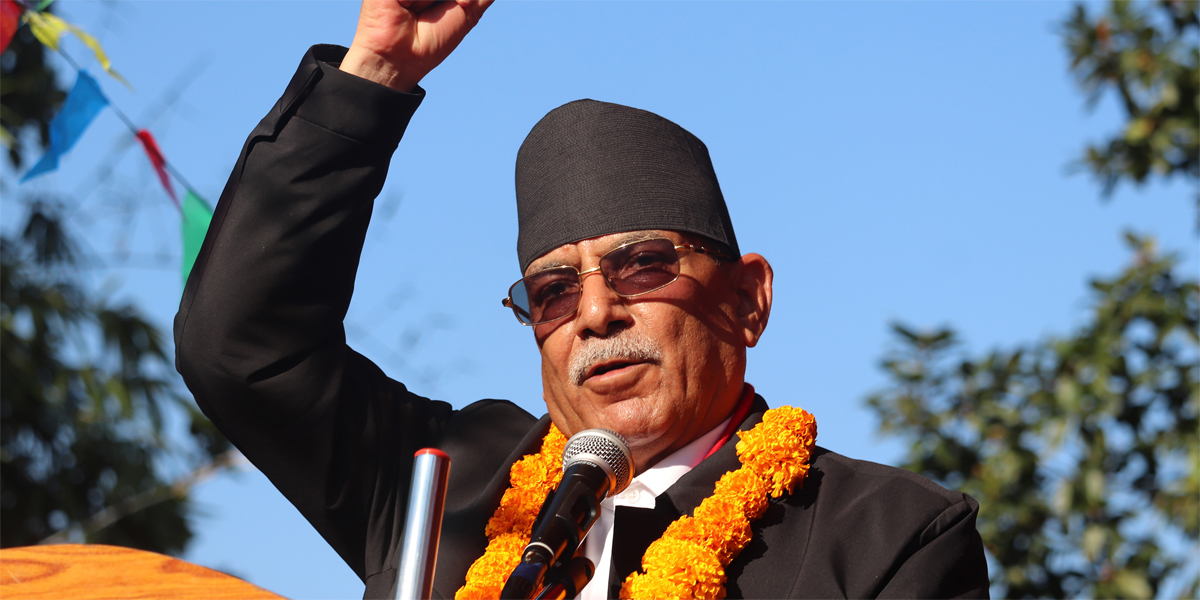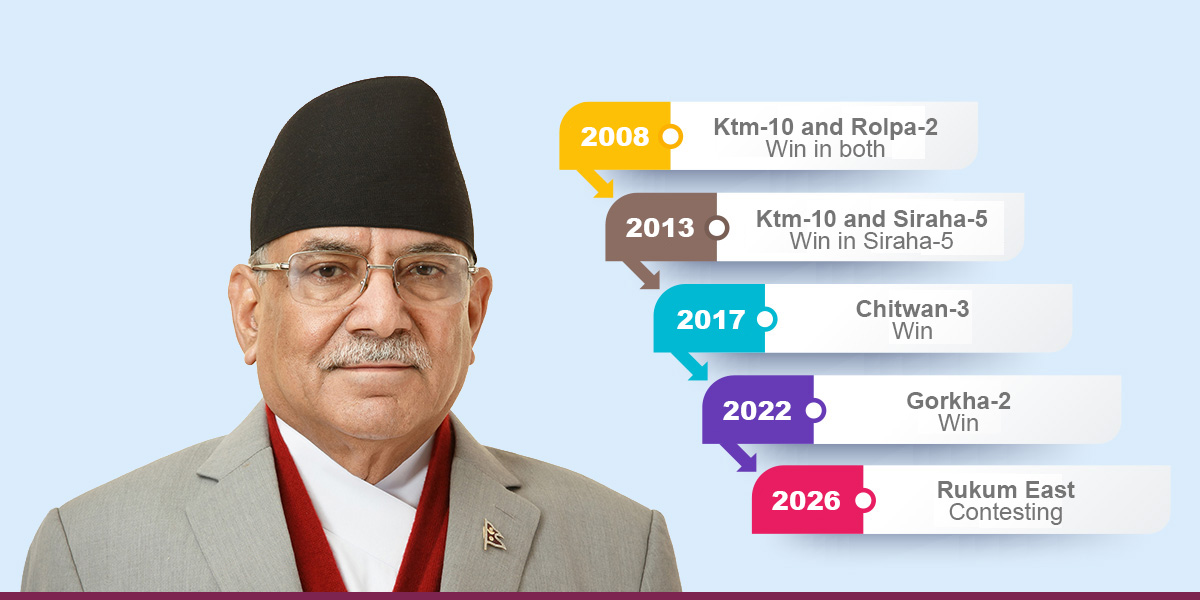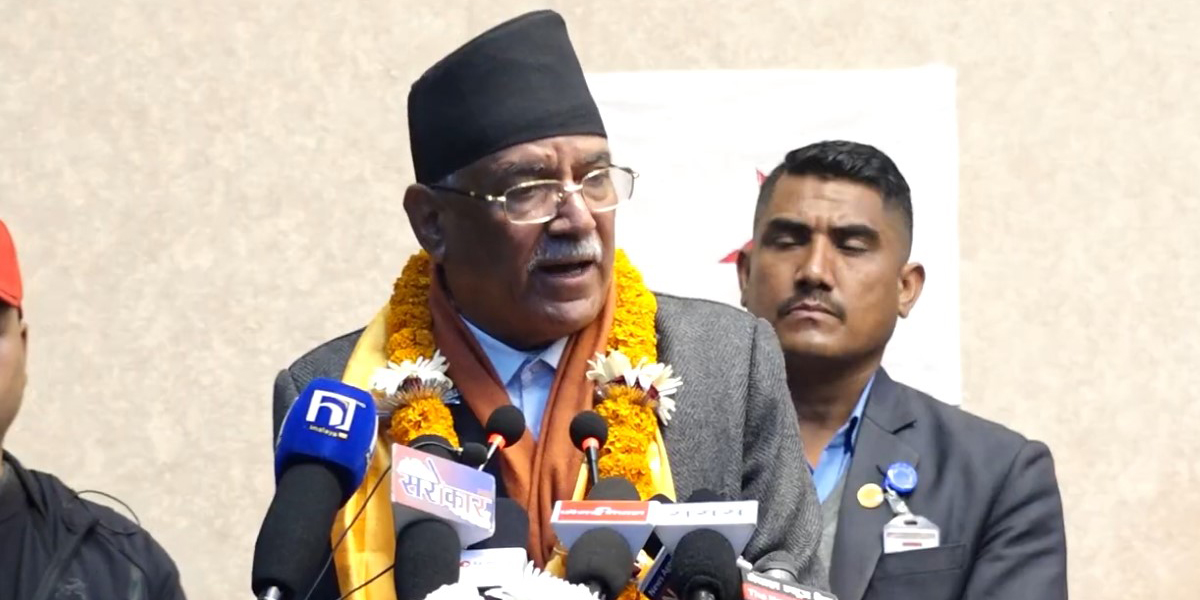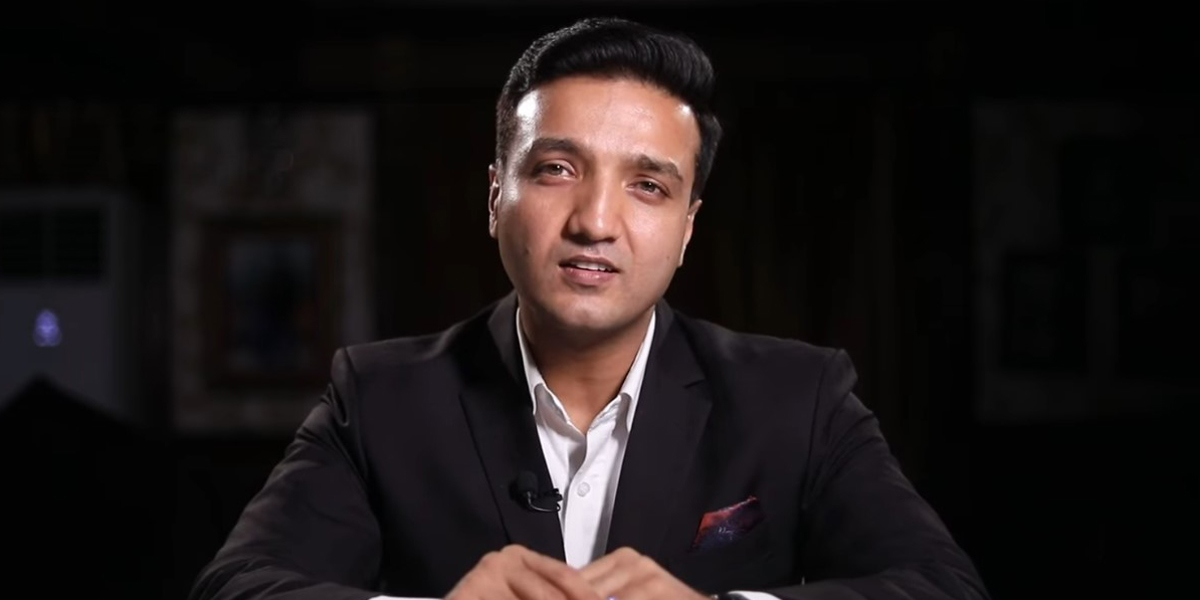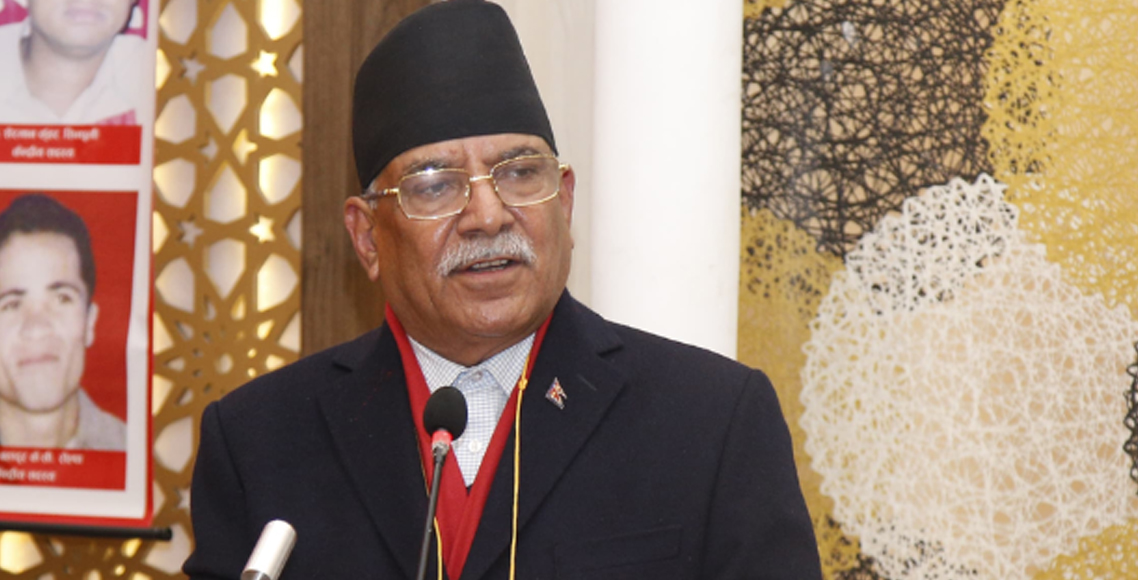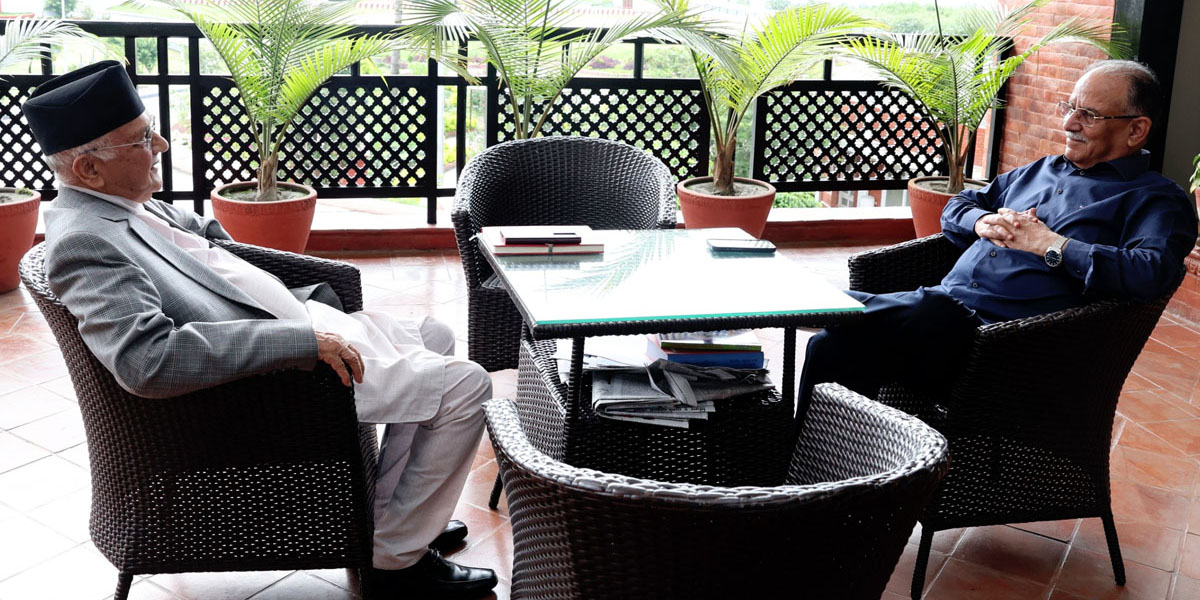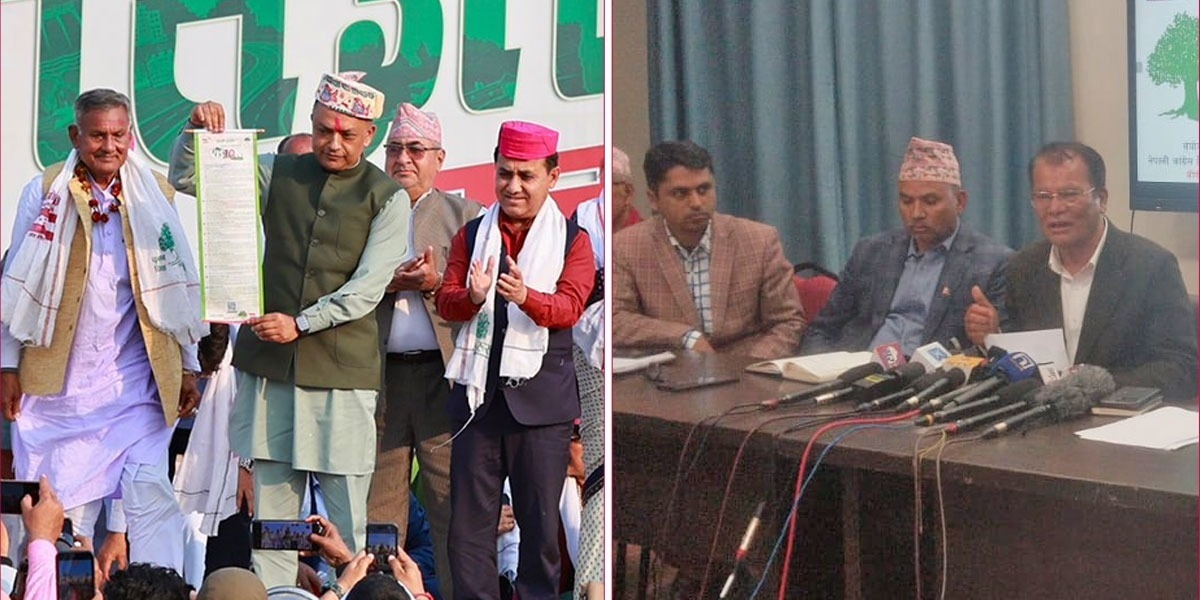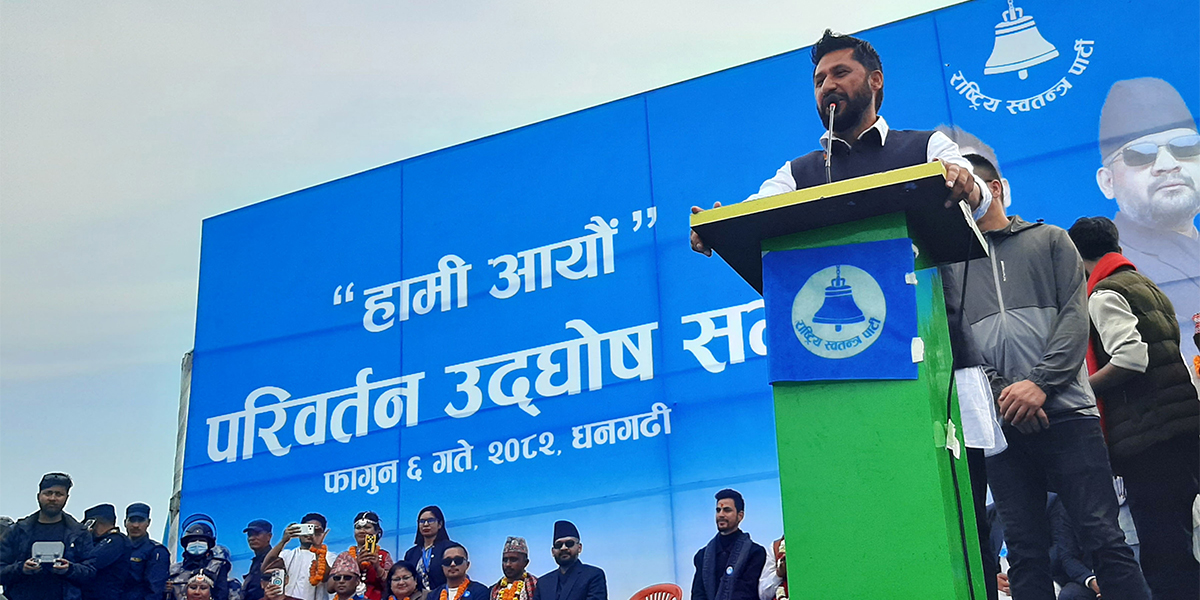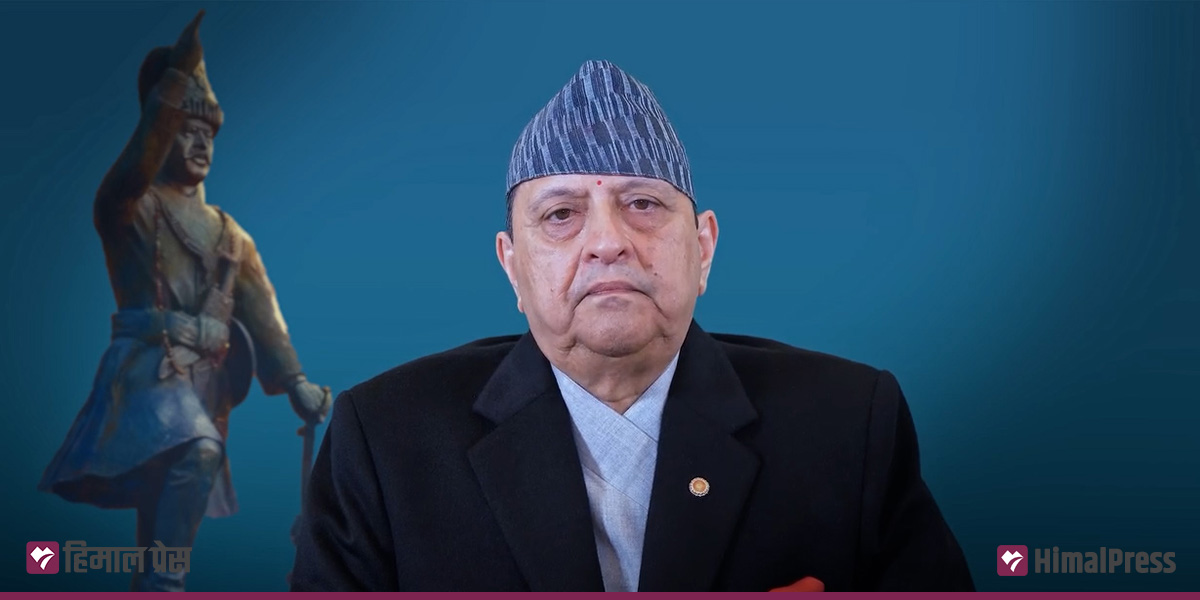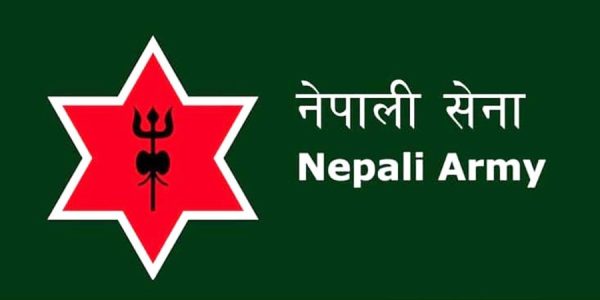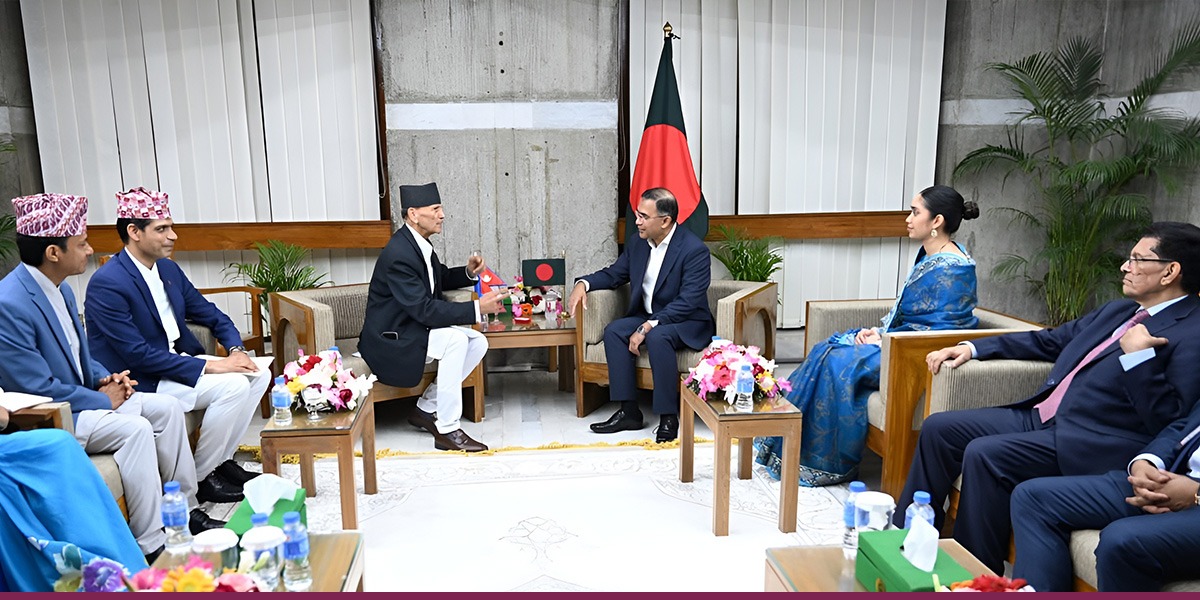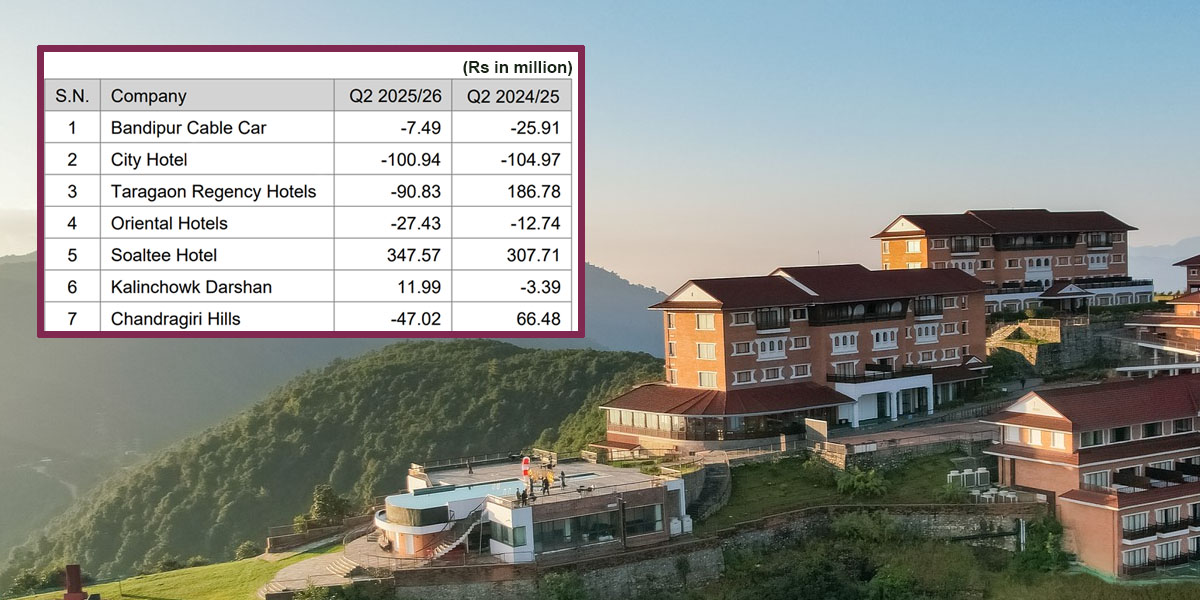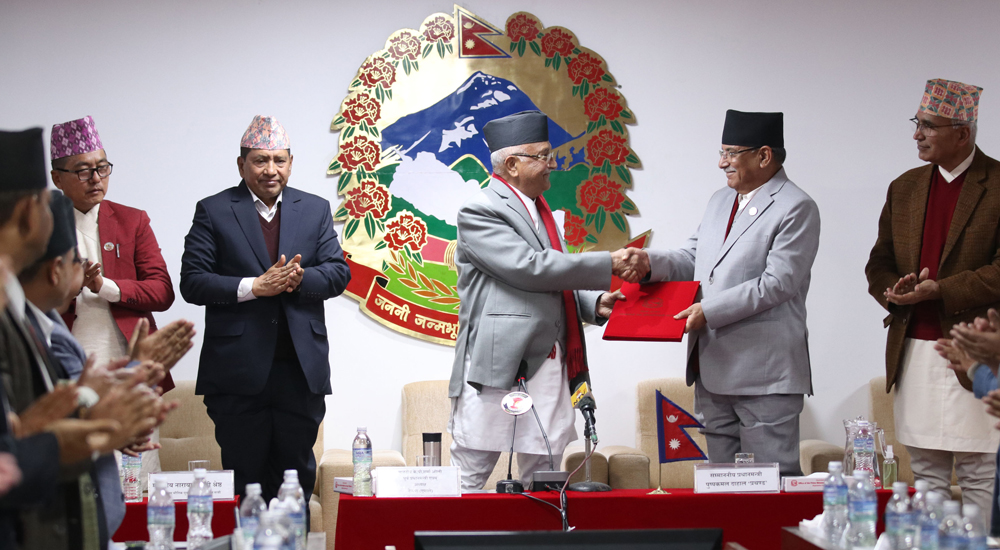
KATHMANDU: The seven-party coalition government has released its common minimum program, which outlines 21 key commitments. One of these commitments is to resolve the citizenship issue within six months.
Prime Minister Pushpa Kamal Dahal unveiled the common minimum program at an event held at the Office of the Prime Minister and Council of Ministers on Monday. Leaders of the ruling coalition were present on the occasion.
The common minimum program has been released one day before Prime Minister Pushpa Kamal Dahal’s confidence vote in parliament.
In its vision document, the government has committed to finalizing contentious issues in the Nepal Citizenship Act (Amendment) Bill in parliament within six months. In addition, the government aims to distribute national identity cards to all Nepalis within a year. The government has also expressed commitment to introducing almost a dozen new acts or making timely revisions to many existing acts.
Similarly, it has announced plans to amend policies, acts, and mechanisms that have hindered government interventions in maintaining good governance, effective service delivery, and prosperity campaigns. Furthermore, the government plans to restructure state-owned organizations that have suffered from poor performance due to political interference, in order to make them more efficient and professional. Likewise, it aims to strengthen inter-agency coordination among state organs and put in place effective monitoring mechanisms to ensure optimal performance.
The government has also said that it would form a high-powered commission to suggest structural changes and reforms in the judiciary.
The government has also promised to ensure prompt, accessible, and fair justice for citizens. The announcement includes plans to put professional and accountable civil administration and security agencies in place by bringing about reforms as recommended by a high-level taskforce of experts.
Some of the programs included in the common minimum program are raising the minimum monthly wage to Rs 25,000, providing up to 50 units of electricity and 10,000 liters of drinking water free of charge, starting 5G mobile service, formulating laws to provide voting rights to Nepalis living abroad, and providing Rs 1,500 annually to women to purchase sanitary products.

 Himal Press
Himal Press 